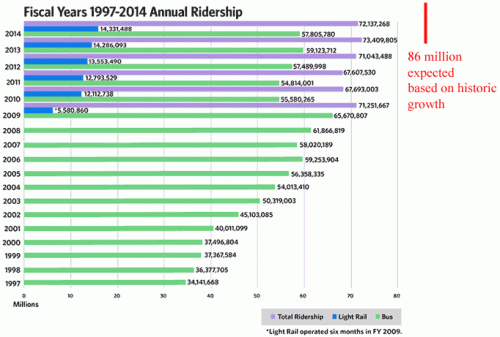So Why Is Paul Krugman Now Defending the Privileges of the 0.1%?
Apparently Paul Krugman has weighed in on Amazon and has concluded that it has "too much power".
I just cannot believe progressives are falling into the trap of defending major publishers against Amazon. People like Krugman who bash Amazon are effectively setting themselves up as defenders of a small oligarchy of entrenched publishers who have, until recently, done a very good job of making themselves the sole gatekeeper of who gets into print. Amazon is breaking this age-old system down, in the same way that Uber is challenging taxi cartels and Tesla is challenging traditional auto dealer networks, and giving most everyone access to the book buyer.
The system that Krugman is defending is the system of the 1%. Or 0.1%. The current publishing system benefits about 200 major authors who are in the system and whose work has traditionally been spammed by the large publishers to every bookstore and news outlet. When you walk into an airport book seller, how much diversity of books do you see on the front table? You just know that you are going to see Sue Grafton's "AA is for Aardvark" and Janet Evanovich's "Fabulous Forty-Six". The publishers have risk-return marketing incentives to push the 46th Stephanie Plum novel over trying any new author.
So while the traditional publishers flog the 0.1% of authors, Amazon has empowered 20,000 authors. Those who sell just a few thousand copies (or fewer) of books have found an outlet in Amazon that never existed for them (as disclosure, I am one of those). And writers who distribute mainly through Amazon get a far higher percentage of their book revenues than they ever would get from the traditional publishers.
So Amazon is helping the consumer (lower prices) and 99.9% of authors (better access and higher profits). It is perhaps hurting the top 0.1% and a few century-old entrenched corporations. So what doesn't Krugman like?



